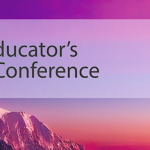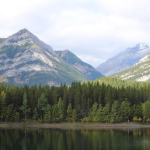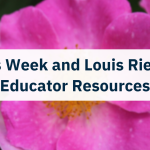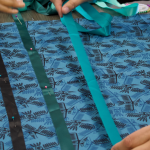Honouring Indigenous Veterans and Remembering Arnold Logan
Each year on November 8, we honour Indigenous Veterans, the First Nations, Métis, and Inuit people who have served Canada with courage and commitment. Across generations, Indigenous Peoples have played vital roles in Canada’s military history, often enlisting voluntarily and serving in major conflicts around the world.
Across generations, Indigenous Peoples have played vital roles in both local and global conflicts — long before Canada’s formation and throughout its history. From serving as allies to the British Crown during the 18th and 19th centuries to enlisting in both World Wars and beyond, Indigenous participation in military efforts has been constant, demonstrating deep resilience, skill, and leadership.
Their contributions and sacrifices are immeasurable. Yet for many Indigenous veterans, recognition and support were not equal to that received by their non-Indigenous counterparts. Despite these inequities, Indigenous service members continued to demonstrate resilience, pride, and leadership both on and off the battlefield.
Honouring the Story of Arnold Logan
Among those who stepped forward to serve was Private Arnold Logan, a proud member of the Munsee-Delaware Nation in Ontario.
Logan was one of the first Indigenous men to volunteer for service in World War I. He enlisted in the Canadian Expeditionary Force on August 11, 1914—just days after Canada declared war—and was one of the “First 100” to step forward in defence of the nation. He joined the 1st Battalion (Western Ontario Regiment) and trained in Valcartier, Quebec, before travelling to England and later deploying to France in early 1915.
Throughout his service, Logan fought courageously in several major battles, including Ypres, Festubert and Givenchy. Tragically, Private Logan was killed in action near Ypres on April 26, 1916, at only 19 years old. He is buried in Hooge Crater Cemetery in Belgium.
A monument now stands in Muncey, Ontario, honouring his bravery and sacrifice. It serves as both a memorial to Logan’s life and a lasting tribute to the many Indigenous veterans who served despite discrimination and exclusion. Their courage helped shape Canada’s history.
Reflecting on the Service and Sacrifice of Indigenous Veterans
The story of Arnold Logan is just one among thousands. Indigenous veterans have served in every major conflict — from early battles fought for and against colonial powers to the First and Second World Wars, the Korean War, the Afghanistan War, and peacekeeping missions worldwide. They often served as skilled scouts, snipers, and soldiers whose expertise was rooted in generations of knowledge and a deep connection to the land.
After returning home, many faced systemic barriers that denied them equal benefits, land rights, and recognition. Despite these injustices, Indigenous veterans and their families have continued to advocate for remembrance, fairness, and respect.
As educators, sharing the stories of Indigenous veterans helps students gain a fuller understanding of Canadian history — one that acknowledges both courage and inequity, loss and resilience. These stories are not only about war, but also about perseverance, identity, and the strength of Indigenous communities.
Learn More and Reflect
We invite educators to take time this Indigenous Veterans Day to learn, reflect, and share these stories in their classrooms. Recognizing the contributions of Indigenous veterans is an important part of understanding Canada’s history and the ongoing journey toward reconciliation.
Explore more resources, stories, and classroom materials through the links below:
- Remembering Indigenous Veterans (Blog Post)
- National Indigenous Veterans Day (Blog Post)
- Indigenous Veterans (Government of Canada)
- First Nations Soldiers (Canada War Museum)
Photo of Arnold Logan’s monument used with permission from Ian McCallum. Ian is a member of the Munsee-Delaware First Nation. He works with his community to promote culture and history, and is a researcher specializing in the Munsee language.



